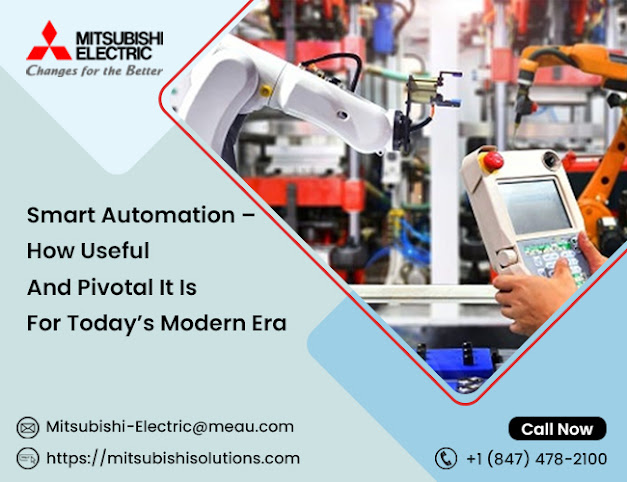How Factory Automation is Reshaping Production
In the ever-evolving manufacturing era, the integration of advanced technologies has ushered in new efficiency and productivity. Among the key players in this transformation are factory robots, automated conveyor systems, assembly line equipment, packaging lines, and pallet stackers, collectively driving the paradigm shift towards automated production processes.
The Rise of Factory Robots
Factory robots have become the workhorses of modern manufacturing. These highly specialized machines, equipped with precision and speed, are revolutionizing the way goods are produced. Gone are the days of manual labour dominating assembly lines; instead, factory robots are seamlessly taking over repetitive tasks, allowing human workers to focus on more complex and strategic aspects of production.
Imagine a factory floor where robots move with unparalleled precision, performing intricate tasks with consistency and accuracy. These robots are not only reshaping production but also redefining the role of human workers. As machines take over routine functions, workers are freed to engage in more creative and value-added activities, contributing to a more dynamic and innovative work environment.
Automated Conveyor Systems and Assembly Line Equipment
One of the cornerstones of factory automation is the integration of automated conveyor systems and assembly line equipment. These technological marvels work in harmony, ensuring a smooth flow of materials and products throughout the production process.
Automated conveyor systems efficiently transport raw materials from one station to the next, seamlessly integrating with assembly line equipment. This synchronized dance of machines optimizes the production line, reducing downtime and minimizing errors. The result is a well-choreographed ballet of efficiency, where every component moves precisely to the rhythm of the production process.
Automated Packaging Lines
In the final stages of production, automated packaging lines add the finishing touches to goods before they hit the market. These lines utilize state-of-the-art technology to package products with speed and precision, ensuring consistency and quality. The integration of robotics in packaging has not only increased production speeds but has also elevated the standard of packaging quality, meeting consumer expectations in an increasingly competitive market.
Automated Pallet Stackers
As products are ready for distribution, automated pallet stackers take center stage. These robotic marvels efficiently organize and stack products onto pallets with a level of precision that surpasses human capability. This not only speeds up the loading process but also reduces the risk of errors, ensuring that products reach their destinations intact and on time.
The Future of Automated Production
The landscape of manufacturing is evolving, and the rise of factory automation, fueled by robots, conveyor systems, assembly line equipment, packaging lines, and pallet stackers, is reshaping production as we know it. As technology advances, the synergy between human workers and automated systems will further refine the manufacturing process, leading to unprecedented levels of efficiency, precision, and innovation.
Conclusion
The integration of factory robots and automated systems represents a paradigm shift in production. The era of manual labour dominating assembly lines is giving way to a future where machines handle repetitive tasks, allowing human workers to focus on higher-order responsibilities. As we witness this transformative journey, it's evident that the fusion of technology and manufacturing is creating a more efficient, agile, and competitive industrial landscape. The revolution has begun, and the future of production is automated.




Comments
Post a Comment